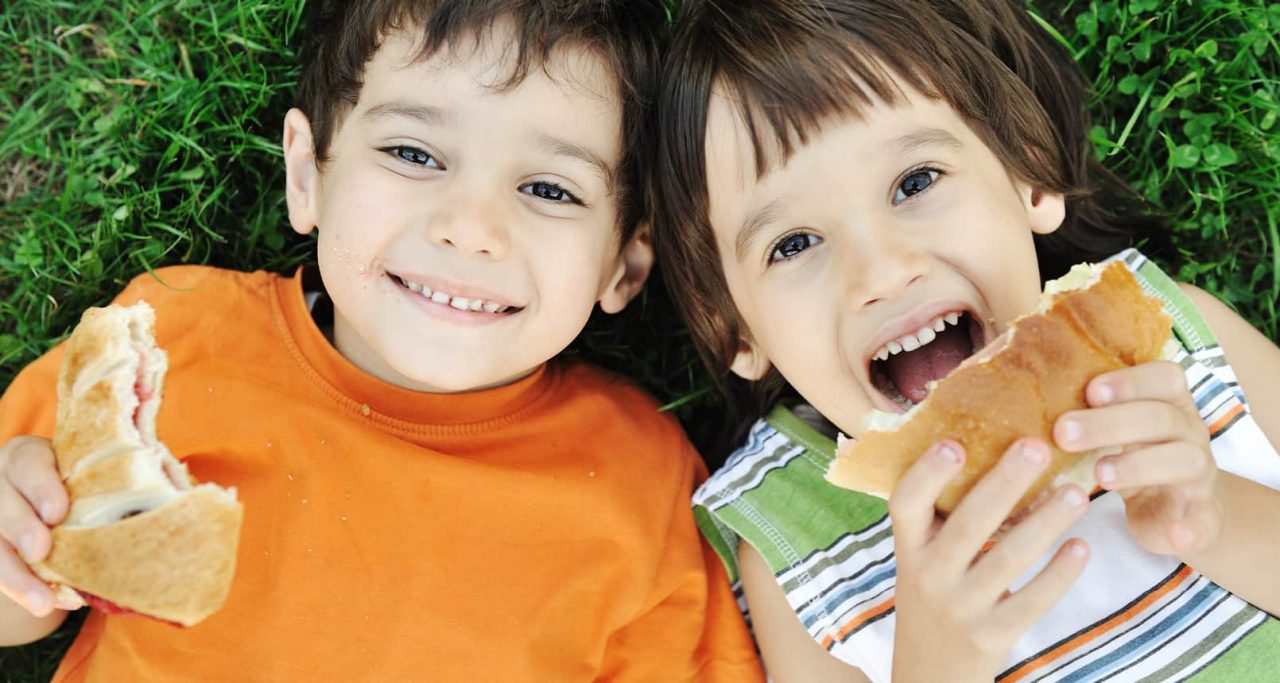Low Protein Diet and Children

It is important to educate your child about the importance of their PKU diet from an early age so that they are aware of what they can and can’t eat and can also let other people know.
Although Phe levels need to be kept in range it is also important to ensure your child gets enough nutrition and energy to meet their growing needs. Your child’s diet should include a variety of fruits and vegetables, as well as low protein grains, cereals, bread, pasta and crackers.
Common Questions
How can I help my child stick to their diet?
As children grow, they become more aware of those around them and notice people’s differences.
Children with PKU may feel tempted to eat foods that are too high in protein because they want to be like their friends or not seem different. In addition, children with PKU may not feel different or unhealthy, so they may question the need to stick to their diet or treatment as they don’t “see” the benefits or effects of diet on their PKU.
It is important for parents to be understanding of how children feel, but also be able to reinforce to their child that they are healthy because of following the treatment plan.
Tips to help your child
Try new PKU supplement options if supplement intake becomes an issue
Involve your child in the process of supplement preparation. i.e. becoming more comfortable with using scales and/or measuring utensils with your guidance
Send their PKU supplement to school in coloured sports bottles or try ready to drink supplements
Involve your child in meal planning – let them choose their own snacks or help you pack lunch
Keep PKU meals similar to family meals so that your child feels a part of and included in the foods his or her family eats
Keep low protein treats at school with your child’s teachers so that your child has something to eat while others are celebrating a birthday or other event
Include your child in protein counting throughout the day and encourage them to write foods in their diet record
Make your child aware of the importance of keeping their protein intake within their daily allowance
What if my child is still hungry at the end of the meal?
Like everyone, meals for children with PKU should be a balanced combination of protein, fats and carbohydrates.
The PKU supplement supplies the majority of protein for many children and can help them to feel satisfied after a meal. Having PKU formula at the same time as their Phe allowance also helps to control levels and build body protein.
If your child is still hungry at the end of a meal, offer them foods that are very low in protein or have no protein. Ask your dietitian for suitable recommendations and ideas.
What should I do if my child won’t drink their PKU supplement?
While some children may never have a problem taking their PKU supplement others will. Taking the supplement is not negotiable as it is essential for their health, however finding the best options for your child is worth the effort.
The PKU supplement is important for growth and development, balanced nutrition and to keep blood Phe in the acceptable range.
Your child should drink all their PKU supplement prescribed, and this should be spread out over the day. Talk to your PKU team if your child does not drink the prescribed amount of PKU supplement. Some trouble-shooting tips for formula drinking are below.
Problem and Suggestion
Dividing the amount of supplement your child needs to drink into three to four smaller servings will make it easier to finish. This is also important for good Phe control and for the body to use this protein efficiently.
Offer their supplement at the beginning of the mealtime when your child is hungry.
Cut back on other liquids or snacks and offer their supplement first, when they are hungry or thirsty.
Freeze the supplement, then blend it and serve with a spoon. Serving it in a new cup can also be exciting. Explore different flavours or even use more than one supplement at a time for extra variety.
Talk to your PKU team about how to flavour the supplement or try other types or flavours.
Mealtime Tips
- Keep positive
- Your child should be allowed to form their own opinions about their diet. Explain to family and friends that they should keep a positive attitude towards your child’s diet. Keep trying new foods that are rejected as it may take a while for some children to accept new tastes.
Offer choice
As your child grows and becomes more independent, they may express their likes and dislikes more strongly. Allow your child to get more involved in small aspects of food preparation and making their own food choices.
Keep family meals similar
It can be difficult for a small child with PKU to understand why they can’t eat the same foods as everyone else. If possible, make your child’s PKU meals similar to the family meal. For example, if the family is having a stir-fry and rice, serve your child stir-fried vegetables with low protein rice.
Create a pleasant mealtime environment
Parents and siblings can be good role models for young children. Eat meals together as often as possible and try to limit distractions such as TV. A relaxed atmosphere during mealtimes can help make this time enjoyable for the family.
Avoid battles over meals
Parents often become anxious when their children don’t eat, and children quickly pick up on this. It can happen especially when you have made a lot of effort to prepare meals for your child with PKU. Some children refuse to eat, knowing it is an effective way to gain attention. It is never a good idea to force-feed a child. Continue to offer new foods and praise your child for trying something different.
Educate your child about PKU ‘friendly’ foods
Your child may want to eat foods that are not appropriate for their PKU diet; educate your child about which foods they can have and support positive food choices. Set a good example by encouraging family members to eat plenty of fruits and vegetables.
Learn how to be creative with low protein cooking
See our recipes section for some inspiration!
The dietary management for PKU varies for each person so all information presented here is for guidance only. Your own dietitian and/or doctor will advise you on all aspects relating to management of PKU for you and your family.
- My PKU Binder. National PKU Alliance. Chapter 5: Ages 3 to 6 Years.
- PKU Handbook [2005]. Australasian Society for Inborn Errors of Metabolism (ASIEM) (Australia and New Zealand). Chapter 9: Preparing for childcare, preschool and school




